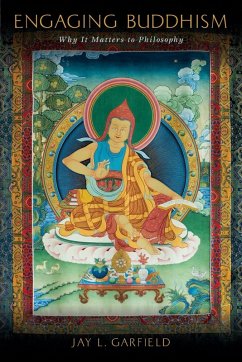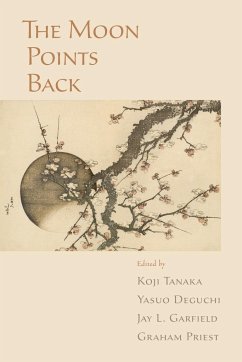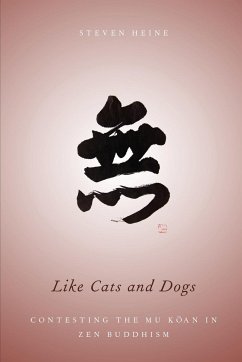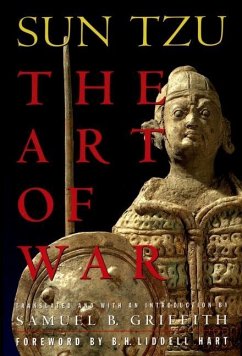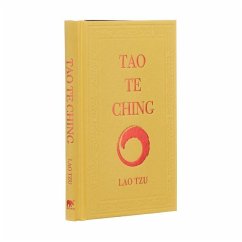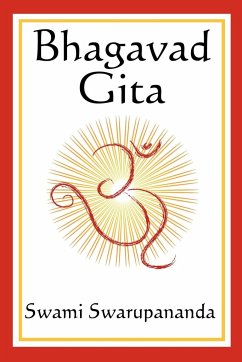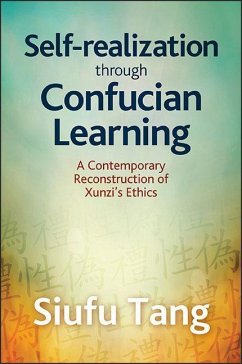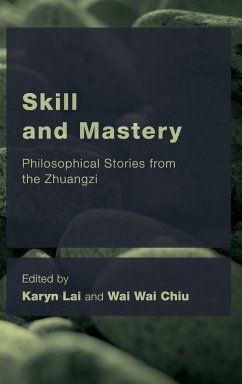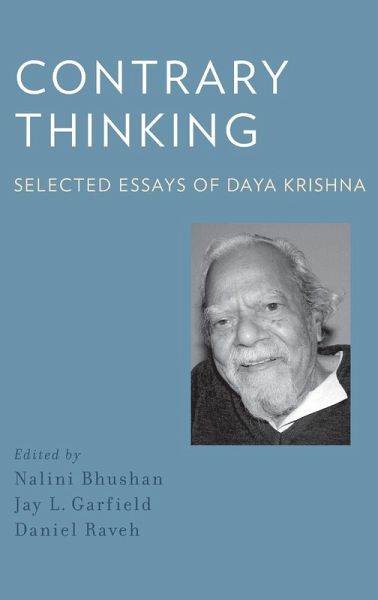
Contrary Thinking
Selected Essays of Daya Krishna

PAYBACK Punkte
78 °P sammeln!
Daya Krishna (1924-2007) was easily the most creative and original Indian philosopher of the second half of the 20th century. His thought and philosophical energy dominated academic Indian philosophy and determined the nature of the engagement of Indian philosophy with Western philosophy during that period. He passed away recently, leaving behind an enormous corpus of published work on a wide range of philosophical topics, as well as a great deal of incomplete, nearly-complete and complete-but-as-yet-unpublished work. Daya Krishna's thought and publications address a broad range of philosophic...
Daya Krishna (1924-2007) was easily the most creative and original Indian philosopher of the second half of the 20th century. His thought and philosophical energy dominated academic Indian philosophy and determined the nature of the engagement of Indian philosophy with Western philosophy during that period. He passed away recently, leaving behind an enormous corpus of published work on a wide range of philosophical topics, as well as a great deal of incomplete, nearly-complete and complete-but-as-yet-unpublished work. Daya Krishna's thought and publications address a broad range of philosophical issues, including issues of global philosophical importance that transcend considerations of particular traditions; issues particular to Indian philosophy; and issues at the intersection of Indian and Western philosophy, especially questions about the philosophy of language and ontology that emerge in the context of his Samvada project that brought together Western philosophers and Nyaya pandits to discuss questions in the philosophy of language and metaphysics. The volume editors have organized the volume as a set of ten couplets and triplets. Each draws together papers from different periods in Daya Krishna's life: some take different approaches to the same problem or text; in some cases, the second paper references and takes issue with arguments developed in the first; in still others, Daya Krishna addresses very different topics, but using the same distinctive philosophical methodology. Each set is introduced by one of the editors. These couplets are framed by two of Daya Krishna's finest metaphilosophical essays, one that introduces his approach, and one that draws some of his grand morals about the discipline. Daya Krishna's daughter, Professor Shail Mayaram of the Center for the Study of Developing Societies contributes a preface, and Professor Arindam Chakrabarti, a longtime colleague of Daya Krisha and a collaborator on some of his most important philosophical ventures has written the introduction.




